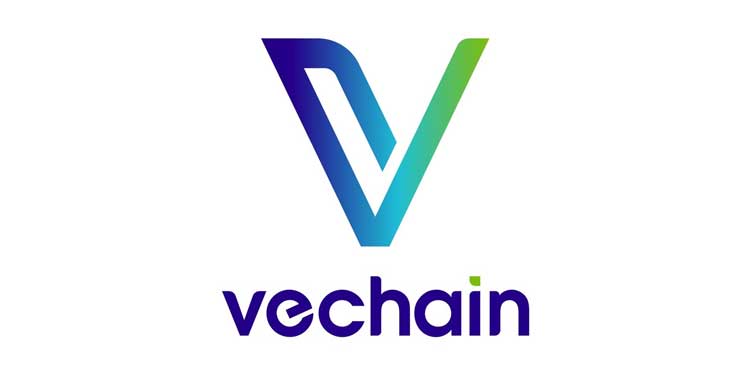
Alongside VeChain and SYME now intend to employ public blockchain, stablecoins and NFTs as portion of the solution. Eventually the idea is to reach into a new category of investors, those intrigued by digital content and cryptocurrencies. Doubtless, one among the claims will be that there are physical assets that underlie this. Banks, specialized trade finance businesses, and hedge funds have historically been the primary sources of financing.
However, SYME transforms the inventory into money that may be invested, and these funds are then offered to family offices. A agreement with VeChain is unconnected to the fact that the firm now has around 165 million pounds worth of warehoused products waiting to be funded in its pipeline.
Although there are normally low failure rates in trade funding, there have been some huge fraud instances related to warehouse stock funding, which have resulted in large banks shedding billions of dollars. VeChain will contribute a maximum of $10 million in investment to fund the first activities. The notion underlying SYME’s ‘non-credit funding model’ is the firm with the stock sells the stock to lenders and buybacks it when it’s able to utilize or resell it.
If a corporation sought to finance merchandise lying in its own warehouse facility, the potential of cheating would be quite large. Rather, SYME’s affiliates have formed a number of funds that either engage in products kept in third-party warehouses or merchandise that are imported items already in passage on container ships. Although one could assume that the stock is monitored using IoT, it won’t be happening at SYME until 2024 at the earliest. In the meanwhile, it is compatible with enterprise resource planning (ERP) systems, warehouse management solutions, and manual file platforms. The fraudulent activities to which we referenced before were carried out by businesses that made several pledges of warehouse receipts.
The first trial deal on VeChain will happen in the following month, and by December of 2022, the company plans to launch its complete inventory monetization framework. This system will feature NFTs that represent ownership of physical stock products, DeFi apps, and a governance covenant. During this time, VeChain has been concentrating on commercial applications since since it was first introduced in China. It has worked with a number of well-known businesses, such as Walmart China, Bayer China, and BMW Group, and it also has strategic collaborations with the quality certification agency DNV and the public accounting firm PWC.